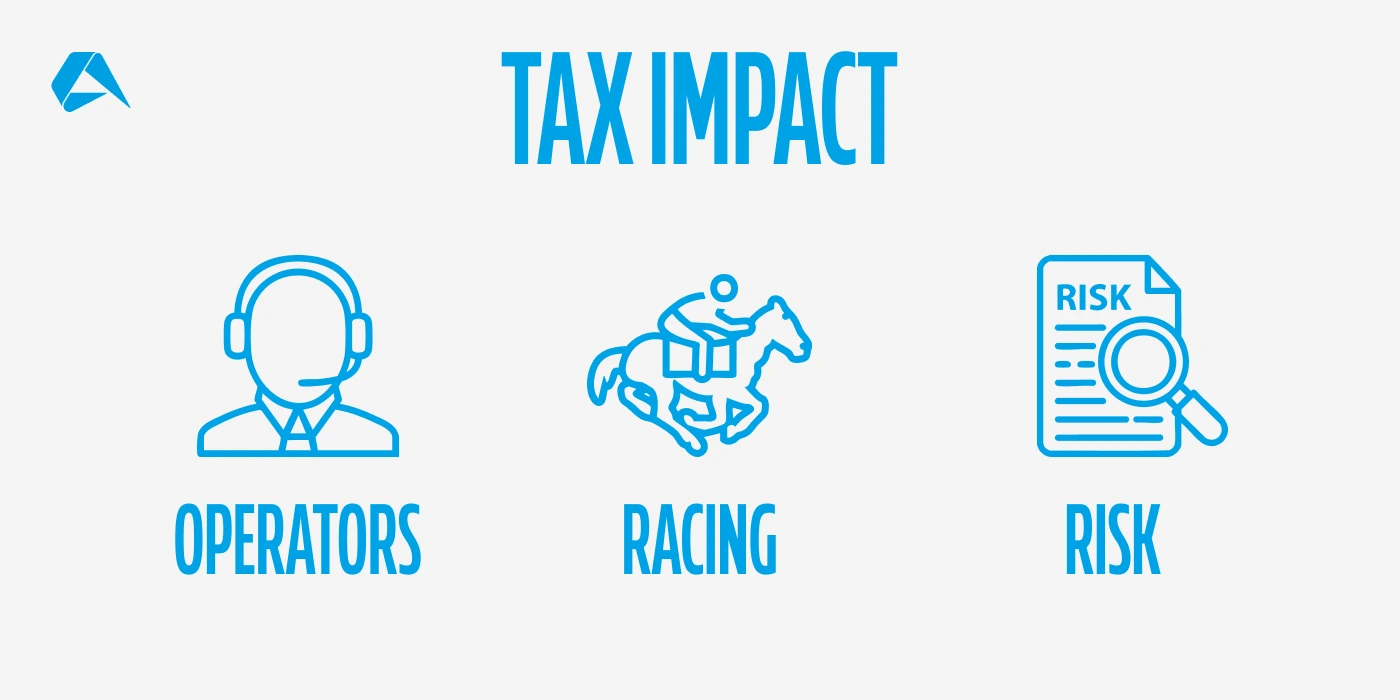Overview One Tax to Rule Them All? UK Proposes Unified Gambling Duty to Replace Remote Trio
The UK Treasury is consulting on a major regulatory reset, proposing a single Remote Betting and Gaming Duty (RBGD) to replace the current triple tax system, which includes Remote Gaming Duty (21%) and General Betting Duty (15%). This aims to simplify administration and reflect the digital convergence of online gambling. Although officials emphasize modernisation, the crucial new tax rate remains undisclosed, creating significant uncertainty. Sportsbook-centric operators fear an increase above 15%, warning this could destabilise the horse racing sector which relies heavily on betting revenues. Conversely, casino providers are cautiously optimistic about potential financial relief. The consultation deadline is July 21, 2025, with implementation tentatively scheduled for October 2027. The outcome will fundamentally shape the UK's financial landscape and commercial strategy.
Dive deeper into how this tax shake-up could redefine UK iGaming — read the full blog below!
Operators have seen it coming - and now it’s here. The Treasury has opened consultation on a proposal to replace the UK’s three remote gambling taxes with a single Remote Betting and Gaming Duty. The aim, officials say, is to simplify administration and better reflect the convergence of betting and gaming online. But with no rate disclosed and the clock ticking towards an October 2027 launch, what looks like simplification on paper has the potential to rewrite the odds for everyone involved.
Is It Time to Scrap Britain’s Triple Gambling Tax System?
Ask any operator juggling sports betting, casino gaming, and pool products online, and they’ll tell you the same thing. Three separate gambling duties no longer reflect how the business works or how players play. In today’s on-demand environment, players move fluidly between products, often within a single session. One moment, a player’s spinning reels on the slots. Next, they’re betting on who’ll score the next goal in a live-streamed football match, all within the same app. The tax system, however, is still split across different categories.
Currently, online operators must account for three separate duties: Remote Gaming Duty at 21% for online casino games, General Betting Duty at 15% for fixed-odds sports betting, and Pool Betting Duty, also at 15%, for tote-style wagers. The distinction isn't just technical for modern operators offering a blend of products under one digital roof. It’s burdensome, expensive, and increasingly detached from how consumers actually play.
That’s the backdrop to the Treasury’s newly-proposed reform; a single remote betting and gaming duty (RBGD) to replace all three. In its April 2025 consultation paper, the government framed this as a step towards simplification that reflects the digital convergence of gambling formats and trims down the red tape.
What’s Missing Is the Number - and that Changes Everything!
According to official estimates, remote gambling already accounts for around 44% of Britain’s total gambling revenue. But the rate of this new duty hasn’t been disclosed, and that’s where things get interesting. For some operators, it could spell relief. For others, it could mean a major rethink of product focus, profitability, and long-term strategy. And with consultation open until July 21 2025, the real negotiations have only just begun.
As expected, those with the most to lose are already making their positions known, and it didn’t take long for the backlash to surface. The Betting and Gaming Council, which speaks for the majority of licensed UK operators, came out swinging. “This proposal couldn’t come at a worse time for racing,” said Grainne Hurst, CEO of the BGC, in comments to The Sun. “It risks further destabilising a sector that contributes over £350m annually to British horse racing.”
Her concern is more than rhetorical. For sportsbook-centric operators, especially those whose margins already ride thin, a rise in the effective tax rate could shift the economics of UK betting altogether, with fewer races, leaner offers, and less money flowing back to the sport. According to the British Horseracing Authority, that could mean prize cuts, staff reductions, and a weakened ecosystem underpinning more than 85,000 roles.
Treasury officials, for their part, aren’t backing down. The goal, they say, is modernisation, not a levy increase. In its April consultation paper, the government argued that a single duty “reflects the current nature of remote gambling products and promotes fairness across betting and gaming activities”.
So far, this debate has revealed the political weight racing still carries, but it’s also exposed where commercial tensions lie. And with the door open for submissions, we’re likely just seeing the opening exchanges in what could become one of the most consequential regulatory resets in years.
Operators, Racing, and Risk. What’s Really at Stake?

While the proposed Remote Betting & Gaming Duty (RBGD) rate remains under wraps, the implications are already sending ripples through the industry.
For online casino operators, there's cautious optimism. The new duty could provide some financial relief if it falls below the current 21% Remote Gaming Duty. Conversely, sportsbooks are bracing for potential challenges. An increase from the existing 15% General Betting Duty could squeeze already tight margins, prompting a reevaluation of product offerings and market strategies.
Moreover, the horse racing sector, deeply intertwined with betting revenues, is particularly apprehensive. Much of its funding stems from the statutory Levy, which is linked directly to betting duty revenues. Any reallocation or reduction in these funds could jeopardise prize money, race events, and the livelihoods of thousands involved in the industry.
Then there’s the consumer dimension. Higher tax burdens tend to filter down the line in odds, offers, and player experience. And that opens the door to risk. As gambling consultant Steve Donoughue put it, the black market will ultimately “determine future tax rates”, warning that higher duties could accelerate player migration to offshore sites.
As the consultation period progresses, stakeholders are voicing their concerns and hopes. The decisions made in the coming months will not only shape the financial landscape of the UK's gambling industry but also determine its global competitiveness and commitment to responsible gaming.
What Happens Next?
With the consultation now live, the window for influence is officially open. Operators, suppliers, trade bodies and even the public have until July 21 to submit feedback on the proposed shift to a single Remote Betting and Gaming Duty. But what happens during this period could influence more than just tax policy; it could shape product decisions, market priorities, and long-term profitability.
Once the feedback is in, the Treasury will review and respond in the Autumn Budget. If the reform proceeds, draft legislation is expected in 2026, with implementation tentatively set for October 2027. This gives operators roughly two years to adjust their models or reconsider their exposure to the UK altogether.
Reform May Be Inevitable - Readiness Is Not
In practice, however, this is more than a policy timeline but a test of who’s paying attention. Silence now could narrow the path forward. For an industry more accustomed to reacting than shaping, this marks a rare window for reflection before the rules are set in stone.
Going deeper, perhaps the real question isn’t whether Britain needs a modernised gambling tax - few would argue otherwise - but more about whether it’s truly prepared for one. A flat rate might simplify the ledgers, but won’t soften the commercial realities or political sensitivities tethered to this sector.
Book a software demonstration today to see how Altenar simplifies tax data, reporting, and jurisdictional compliance, even when the rules change mid-game.













